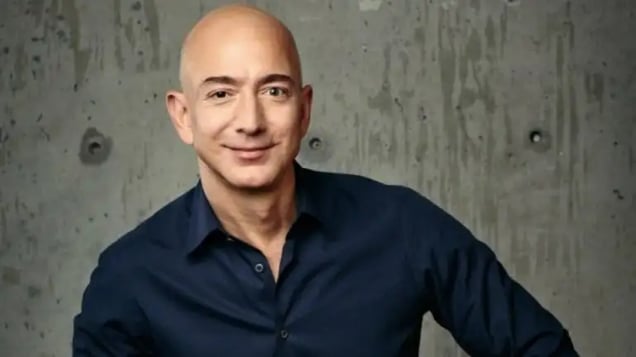If you have dreams of starting your own business but are hesitant due to the risk involved, new research suggests you should chase that dream and stop worrying so damn much.

Seriously, stop it. Right now.
In a new study spanning the course of three decades, UC Berkeley Associate Professor Gustavo Manso followed the careers of entrepreneurs – both successful and unsuccessful – and came to two distinct conclusions:
- Those who stayed on the entrepreneurial path throughout their lifetime earned 10% more than their less adventurous counterparts who stuck to regular office jobs.
- Entrepreneurs who failed and returned to salaried positions later on received similar lifetime earnings to their peers who never left corporate life.
Manso’s first finding isn’t all that surprising. One of the most appealing aspects of entrepreneurship is, after all, the potential to make more money as a founder than as employee #1738 at Apple.
The second finding might surprise some people, though.
Since most businesses fail, many hopeful entrepreneurs’ thought process when deciding whether or not to start their own company probably goes something like this:
“I’m 24 and really want to do my own thing. But if it fails after two years, I will have wasted valuable time on a business no one’s ever heard of… missing out on potential promotions and salary bumps at my current company. I don’t want to be a 26-year-old making a 24-year-old’s salary when I return to corporate life.”
But Manso’s research proves that this fear is unjustified.
“Would-be entrepreneurs may think they have a huge chance of failure and will be sacrificing earnings for the rest of their lives, but it’s not true,” says Manso. “Even if the business fails, entrepreneurs don’t suffer as much since they are able to quickly transition to the salaried workforce.”
Think about it from the perspective of a hiring manager or even a CEO.
Would you rather promote the employee who’s been mindlessly clocking in and out of your office for the past two years? Or hire the person who’s startup failed, but who learned about the realities of running a business along the way?
I’m going with option #2 every day of the week, and so is Amazon’s founder and CEO, Jeff Bezos.

When hiring talent, he actively seeks out people who have failed – and failed big.
Takeaway
Hopefully this study helps eliminate people’s fear of failure by proving that every genuine pursuit can be viewed as a success.
You’re not risking your future earning potential by leaving your job to build something incredible. You’re risking your potential to build something incredible by not leaving your job.
So, what the heck are you waiting for?

